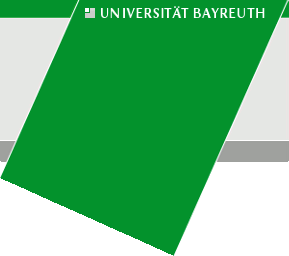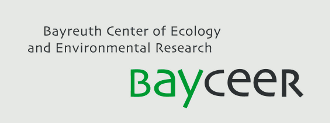Economic differences and factors influencing the conversion to organic farmin in South Korea - Conventional, Partially converted and Organic farming -
P 1.7 in ...Our subject is exciting and we like to share our ideas with others.
In line with the sustainable agriculture, the government of South Korea has adopted Environment-Friendly Agriculture to develop the organic sectors gradually. However, with this policy of promotion agriculture, the cultivated area of organic farming is still low and the partially converted farming has been emerging. This study was analyzed based on the interviews of 218 farmers in Ganwon Province among three different farming techniques. The financial analysis was carried out to compare the annual costs and net returns by farming techniques. The results showed that the organic farming was more profitable compared to conventional farming and partially converted farming in light of the farm net returns. To find out the factors affecting the conversion to organic farming, the binary logistic regression was implemented in two models. The findings of this logistic regression models revealed that farm size and land ownership were the significant factors on the conversion to organic farming. Compared to the partially converted farming, the statistically significant factor of the extent of organic farming at the conventional farming was subsidy being able to obtain from the government. Therefore, understanding the driving forces behind the either partially or fully conversion to organic farming will be substantial to policy makers dealing with the promotion of organic farming. This study will contribute a better policy establishment which has gone beyond a tipping point of organic farming.


